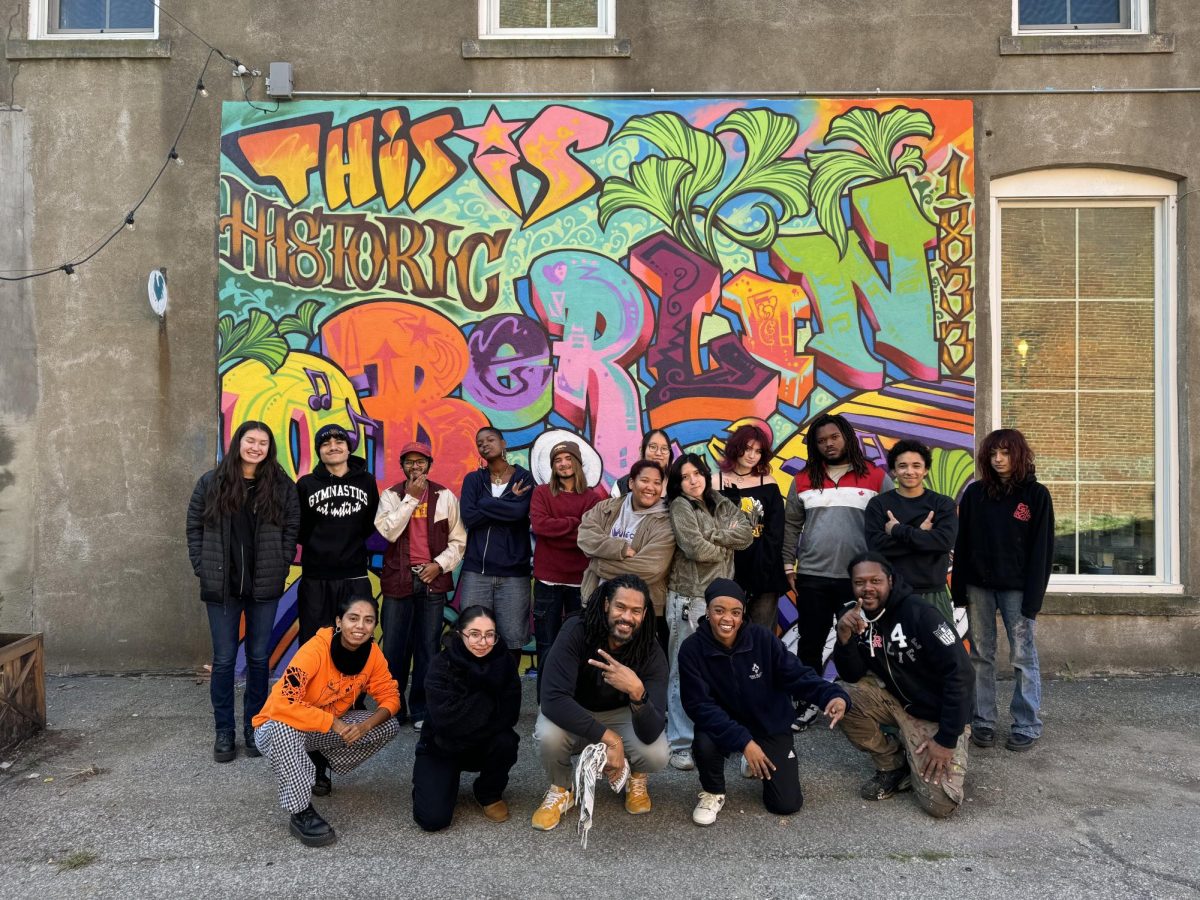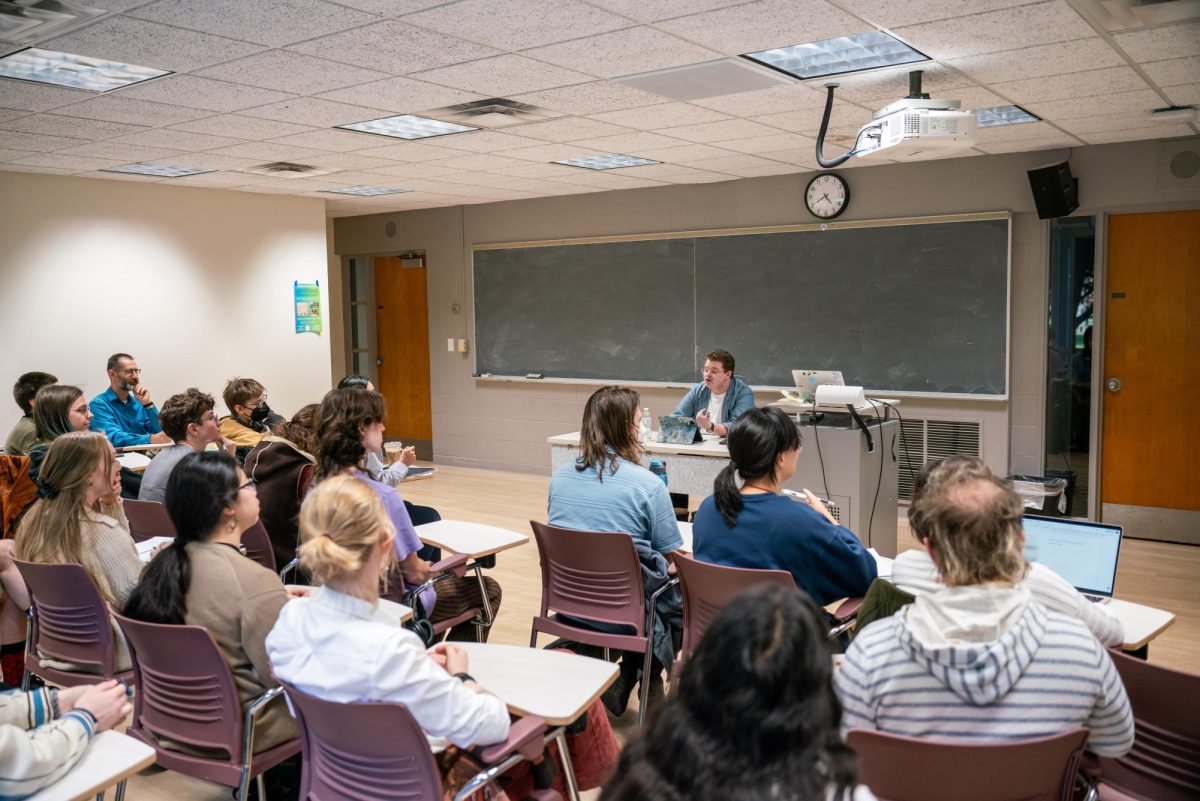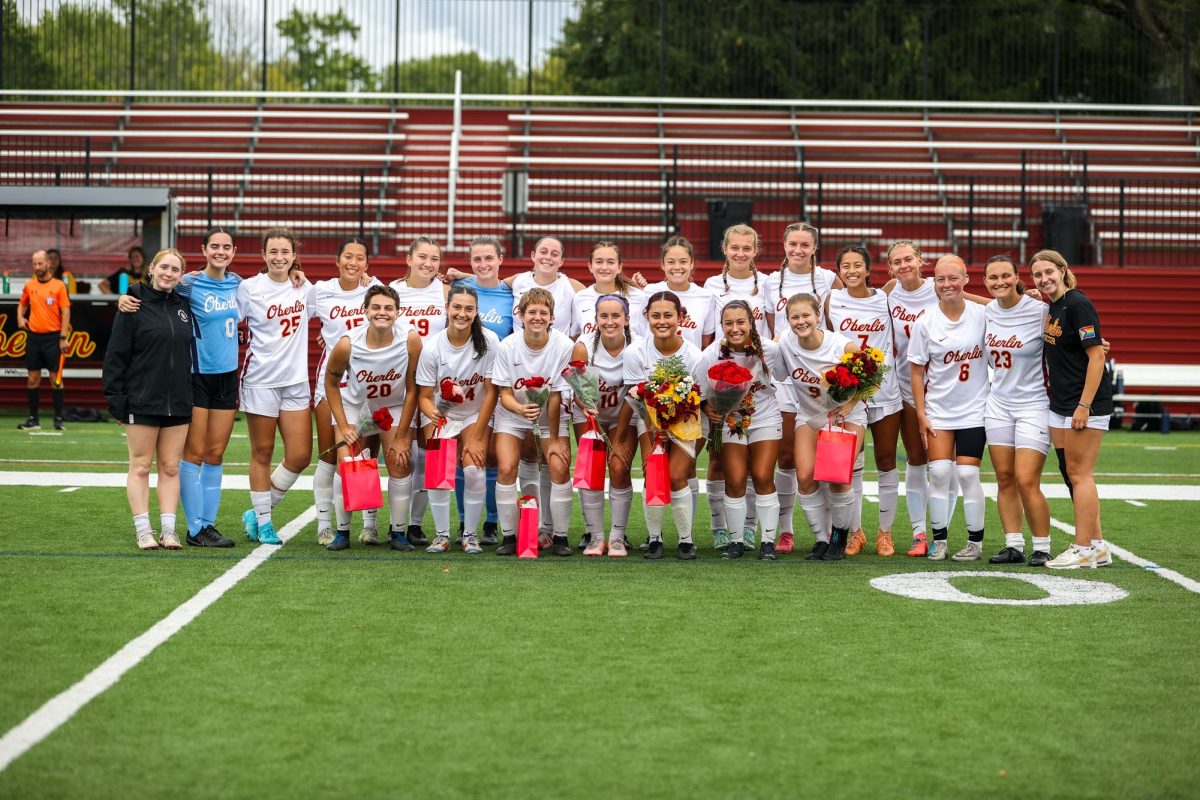Voters Can Correct City Council’s Mistakes
September 22, 2017
To the Editors:
Two issues related to the use of Oberlin’s renewable energy credits (RECs) will be on the ballot this November. Why? Because voters need the opportunity to correct two Oberlin City Council actions.
In 2004 Oberlin College began seeking renewable energy, and in 2007 the City Council established by ordinance, with the College’s encouragement, a Sustainable Reserve Program “for the sole purpose” of depositing the revenue from the sale of what are now known as RECs for a Sustainable Reserve Fund “to provide funding opportunities for community-based, utility-related, environmentally-friendly initiatives demonstrating energy efficiency, energy conservation, greenhouse gas reductions and/or development of green power generation resources.”
Without prior public notice, council voted in June 2016 to credit to electric utility ratepayers 85 percent of that REC’s income. The bulk of the money would go to the major ratepayers. A typical homeowner would get only about $9 a month.
Later, City Council passed an ordinance to enable ratepayers to donate these utility bill credits back to a “Community Choice Fund.” Council also hired a PR firm tasked, in part, to persuade ratepayers to donate the money back. But the ordinance included the previously-voted diversion of 85 percent of the REC’s income from its original purpose.
“Yes” on Issue 16 will amend the original ordinance by inserting the word “all.” The members of City Council in 2007 intended ALL the REC’s net income to fund sustainability projects. “Yes” prevents diversion of this money.
“No” on Issue 17 will rescind the “Community Choice Fund Ordinance,” which diverts 85 percent of the REC’s income to the ratepayers. There is currently no way of assuring this money can be recouped for beneficial community projects.
“YES on 16, NO on 17” will assure funding for programs to achieve savings for residents and businesses and help accomplish Oberlin’s Climate Action Plan goals. Through the Providing Oberlin with Efficiency Responsibly program, the REC’s income has already made many Oberlin homes more energy-efficient and comfortable, while reducing heat-trapping gas emissions. POWER can be expanded. Many new programs have already been proposed. The best of these can be implemented. If you register to vote in Oberlin, vote to invest in Oberlin’s sustainable future.
– Steve Hammond
President, Communities for Safe and Sustainable Energy
– John Elder
OC ’53
Vice President, Communities for Safe and Sustainable Energy


















